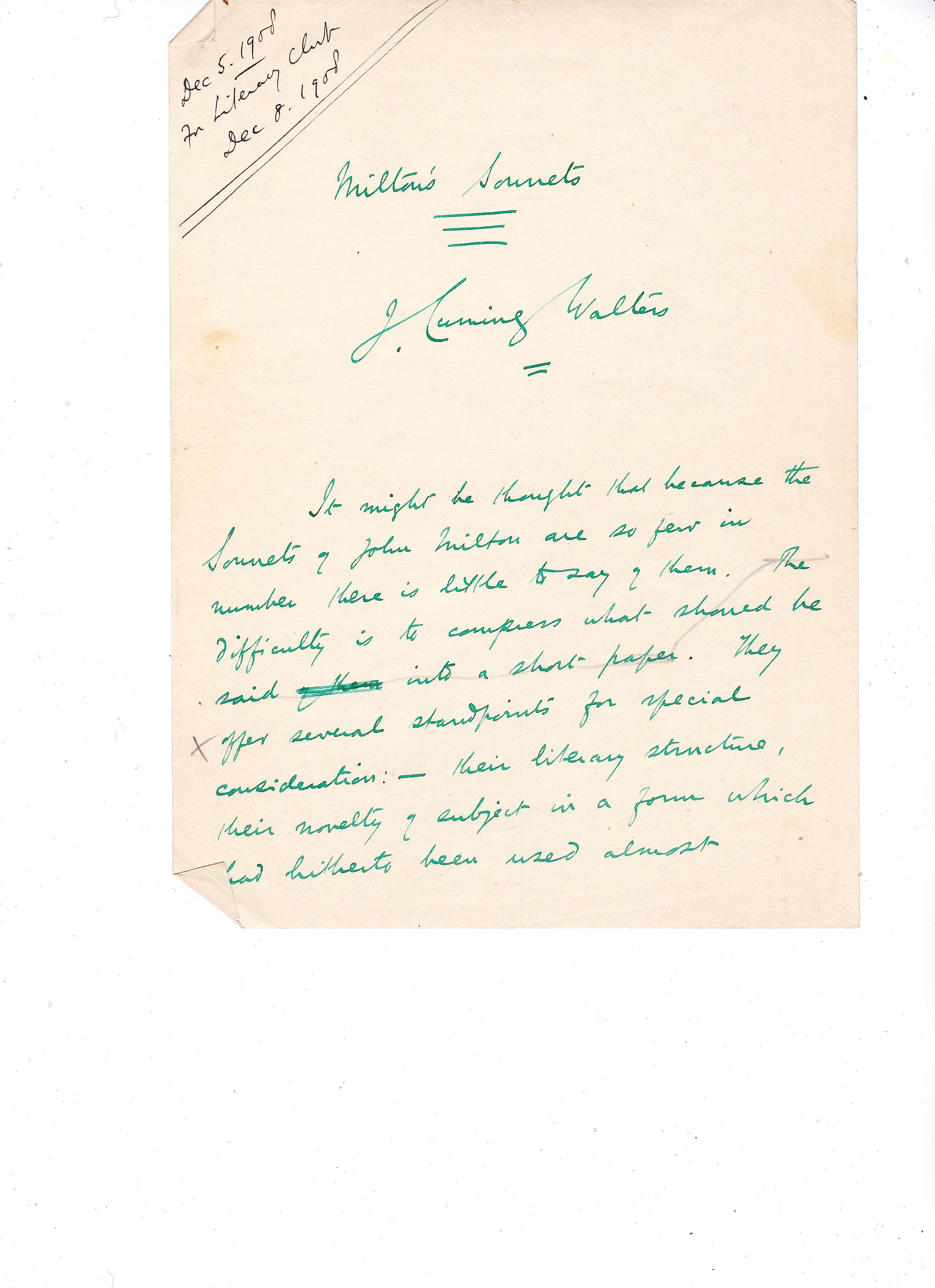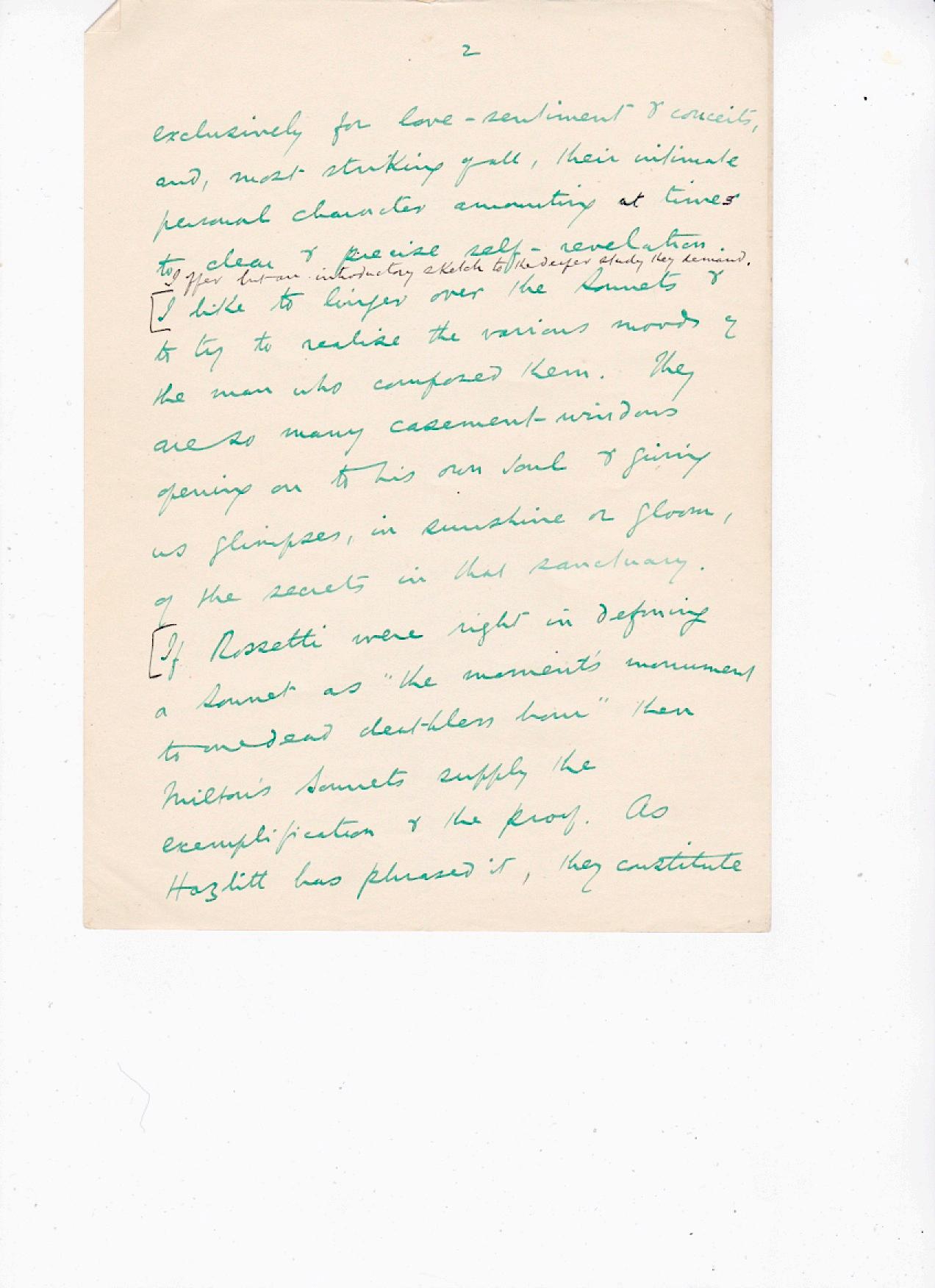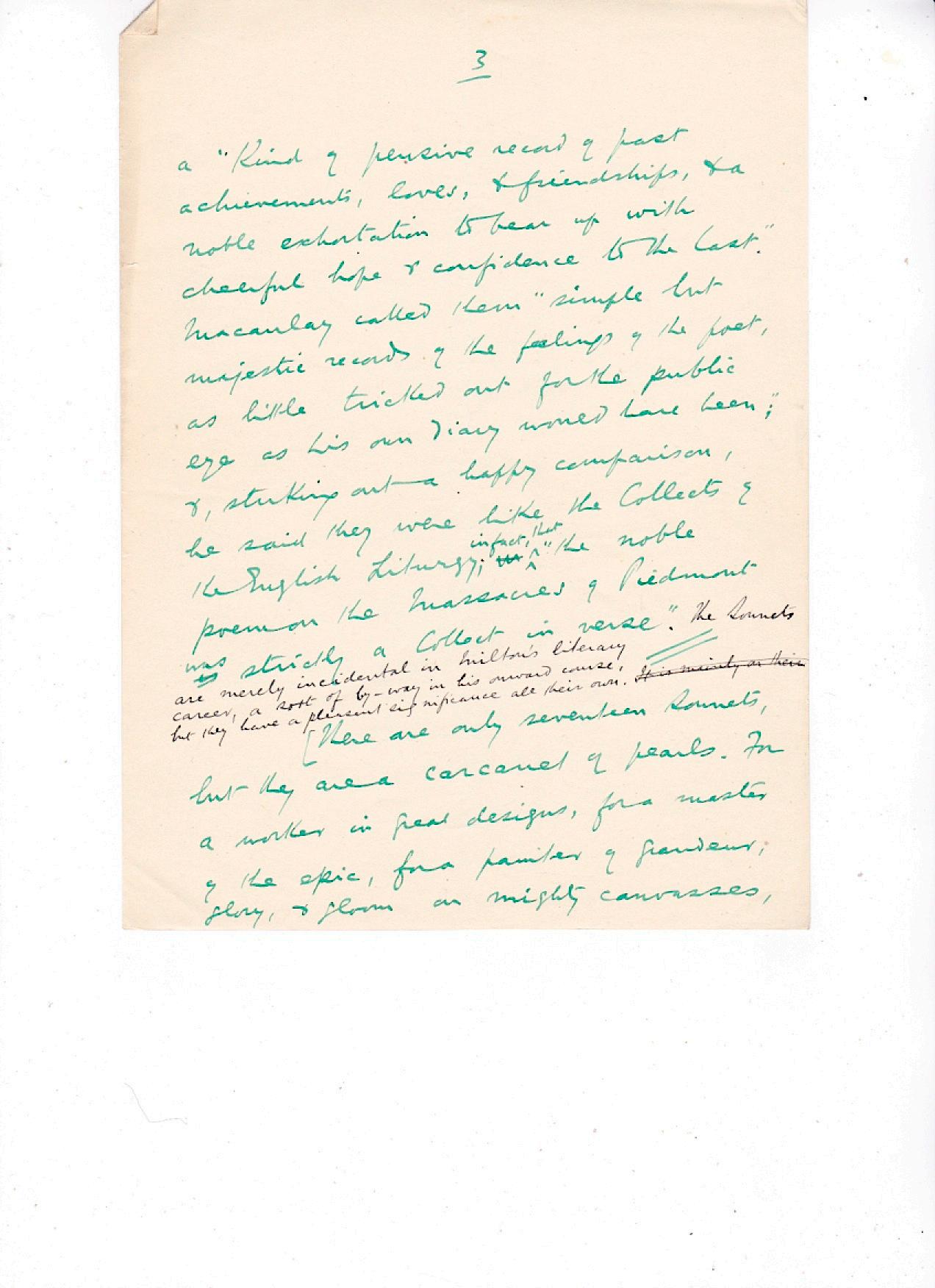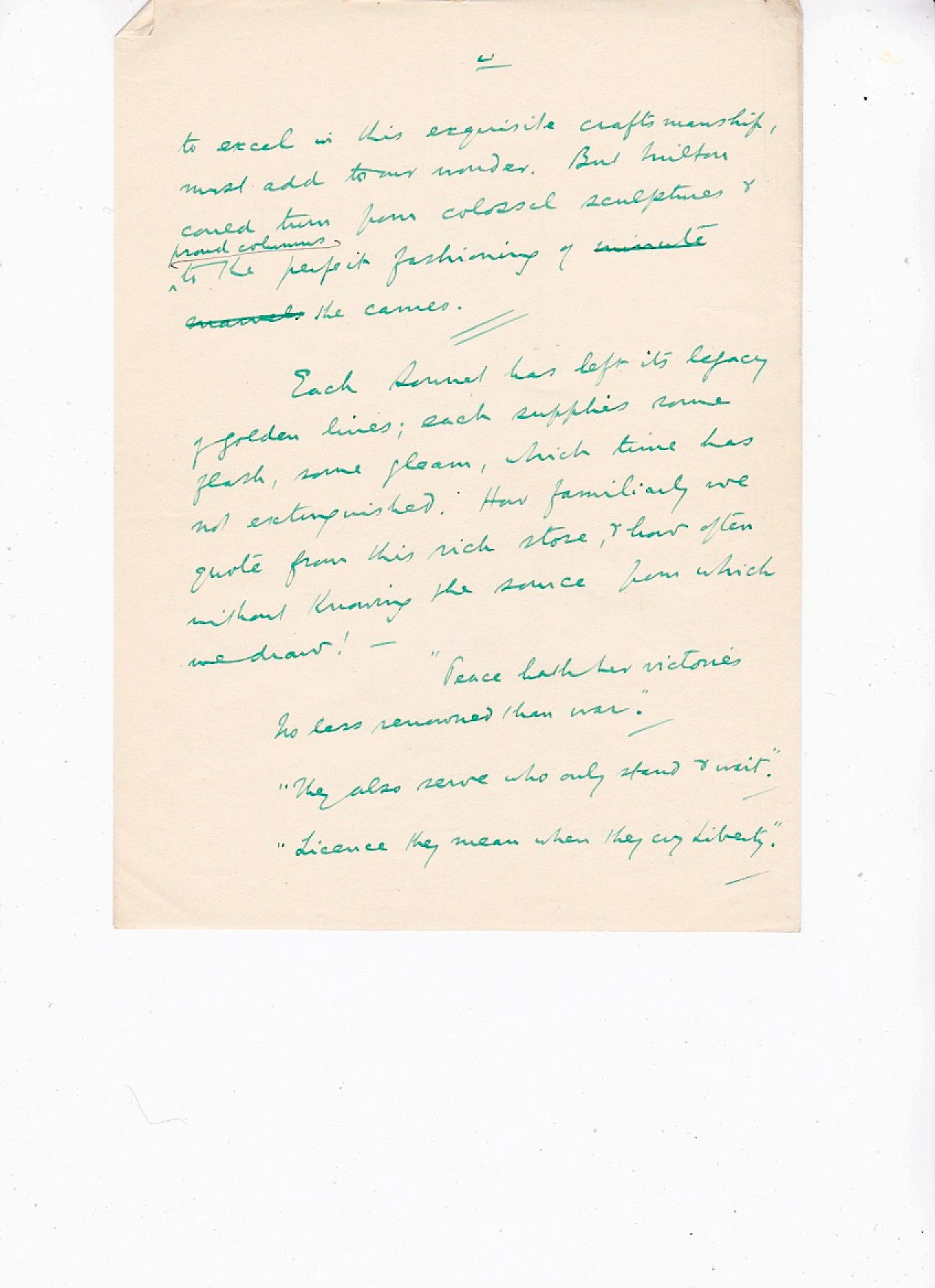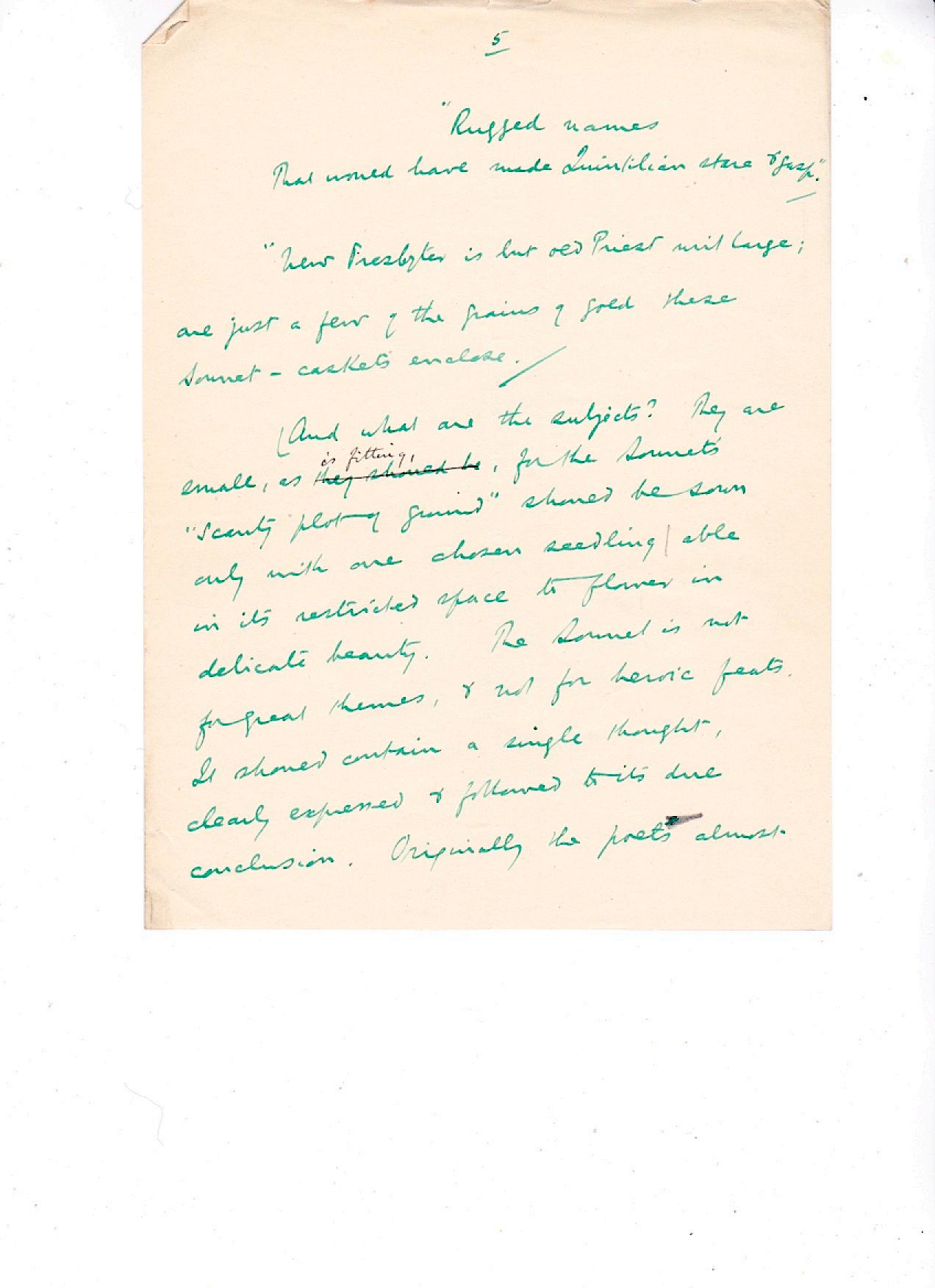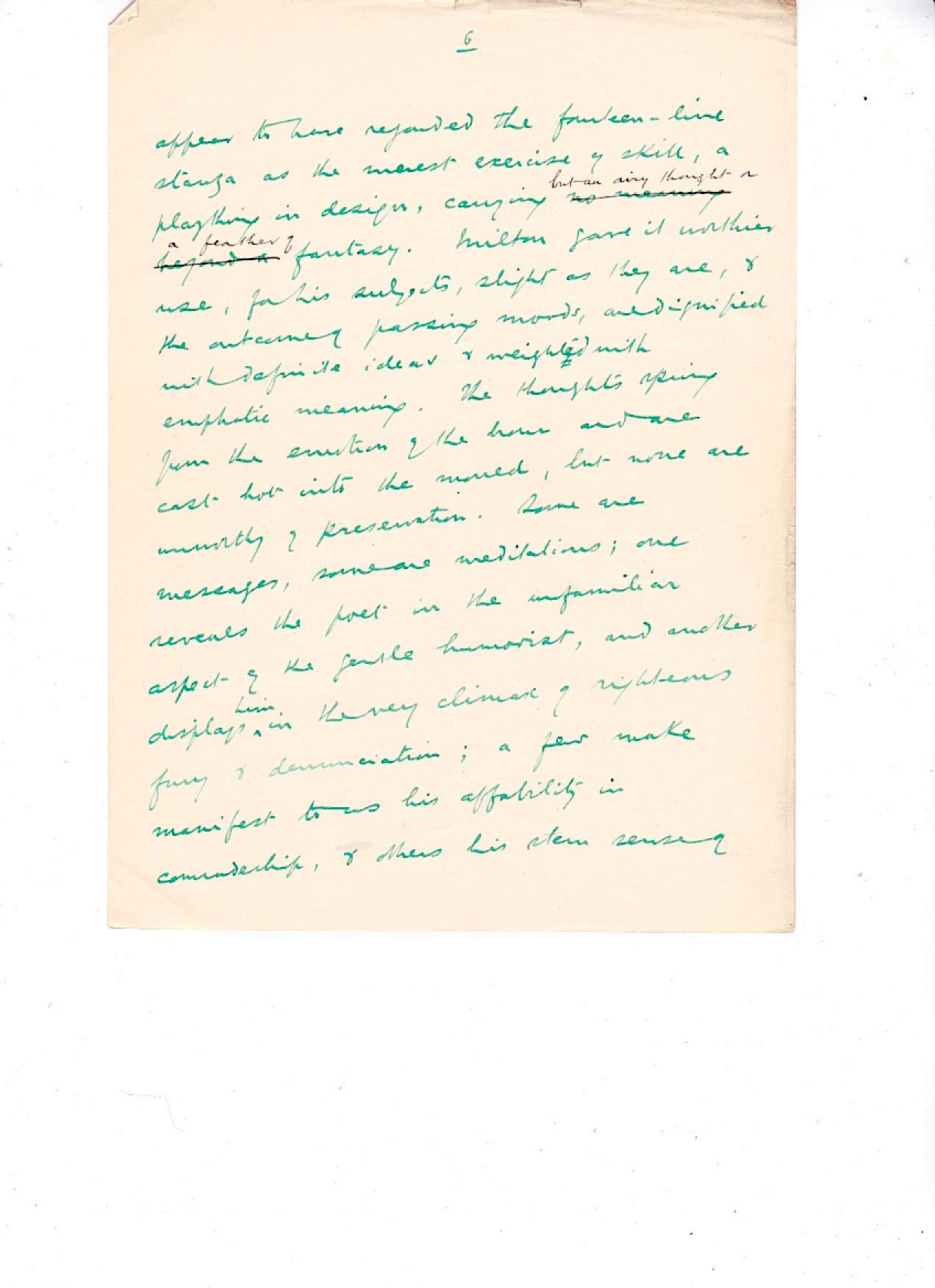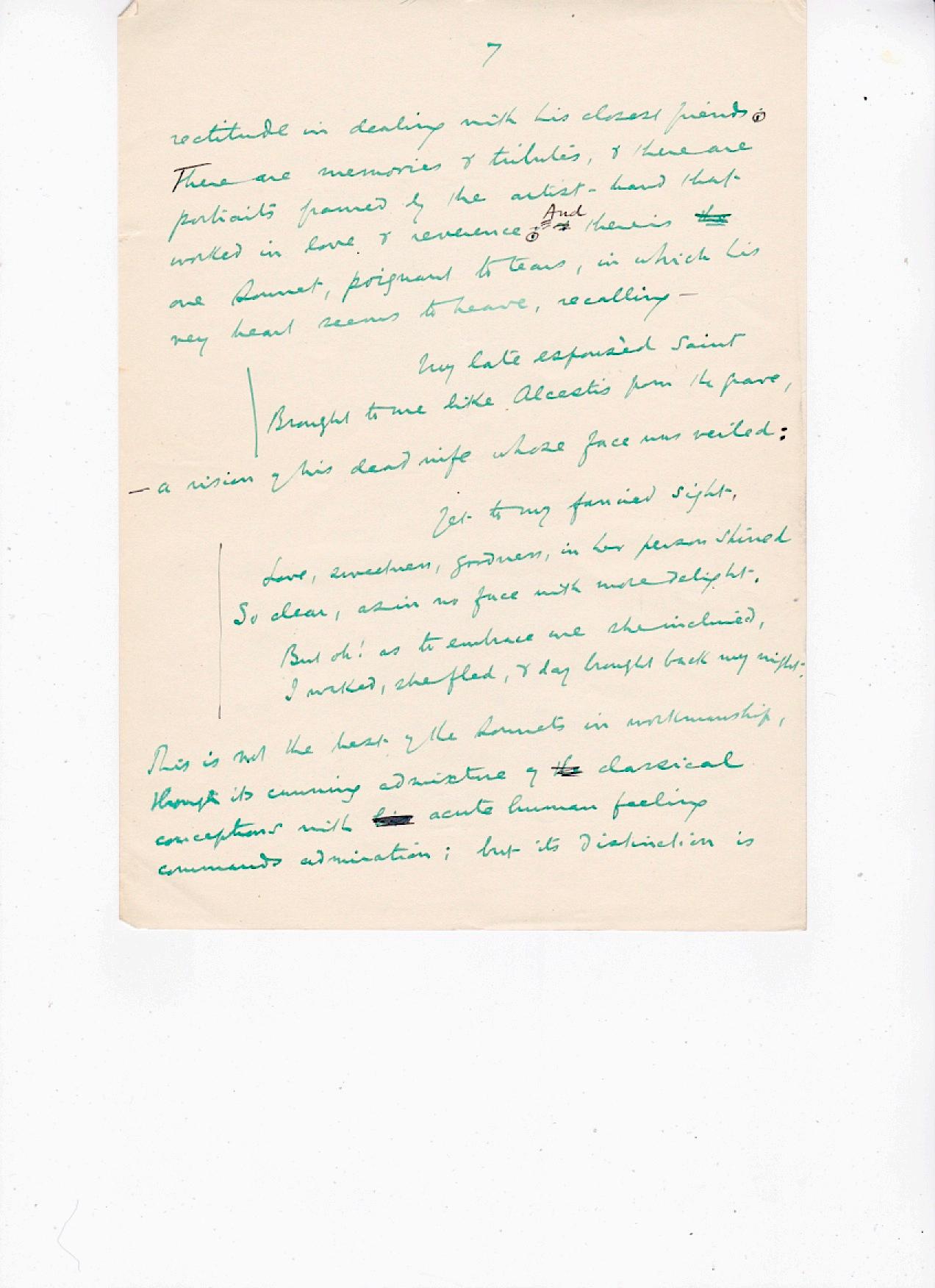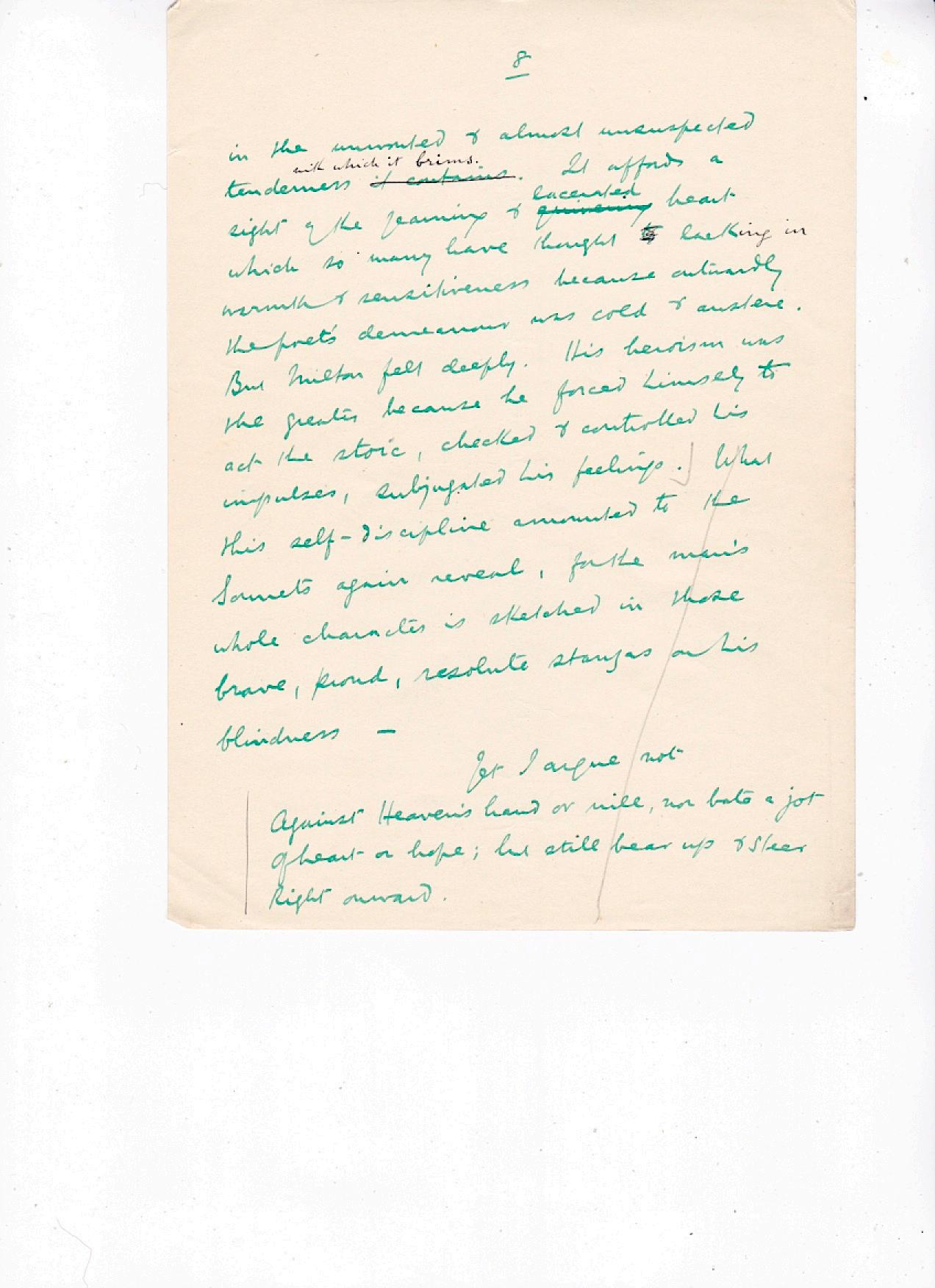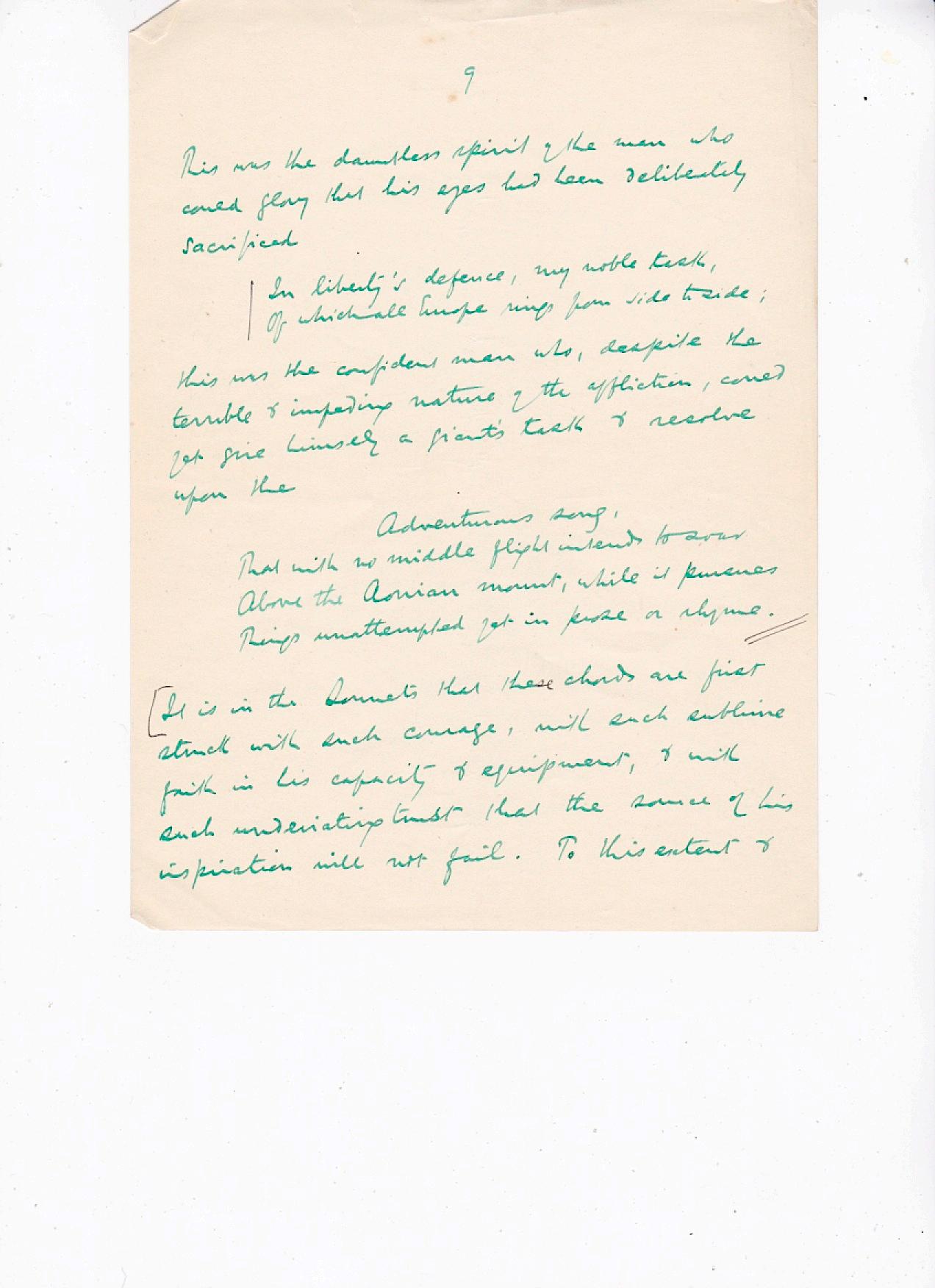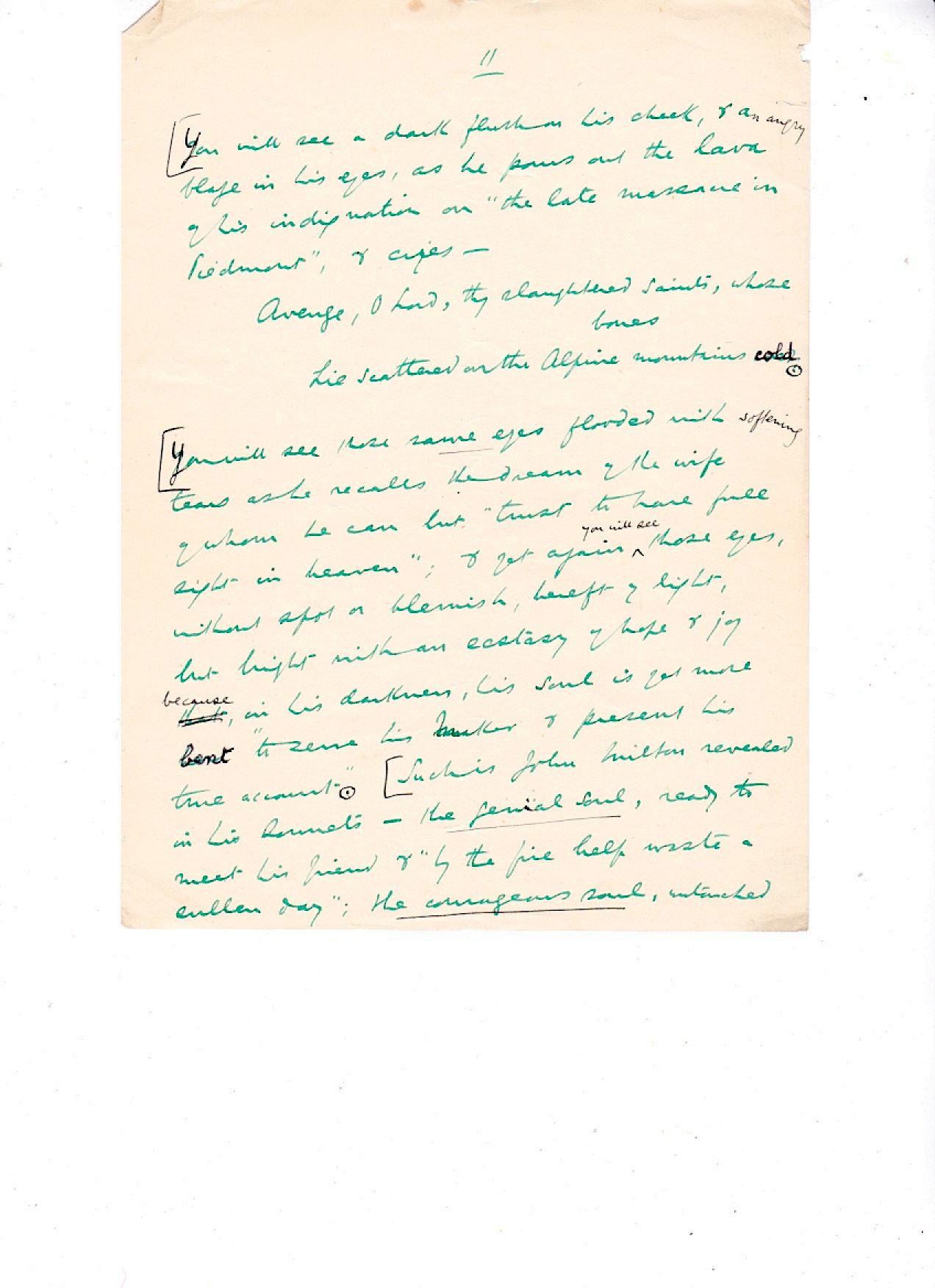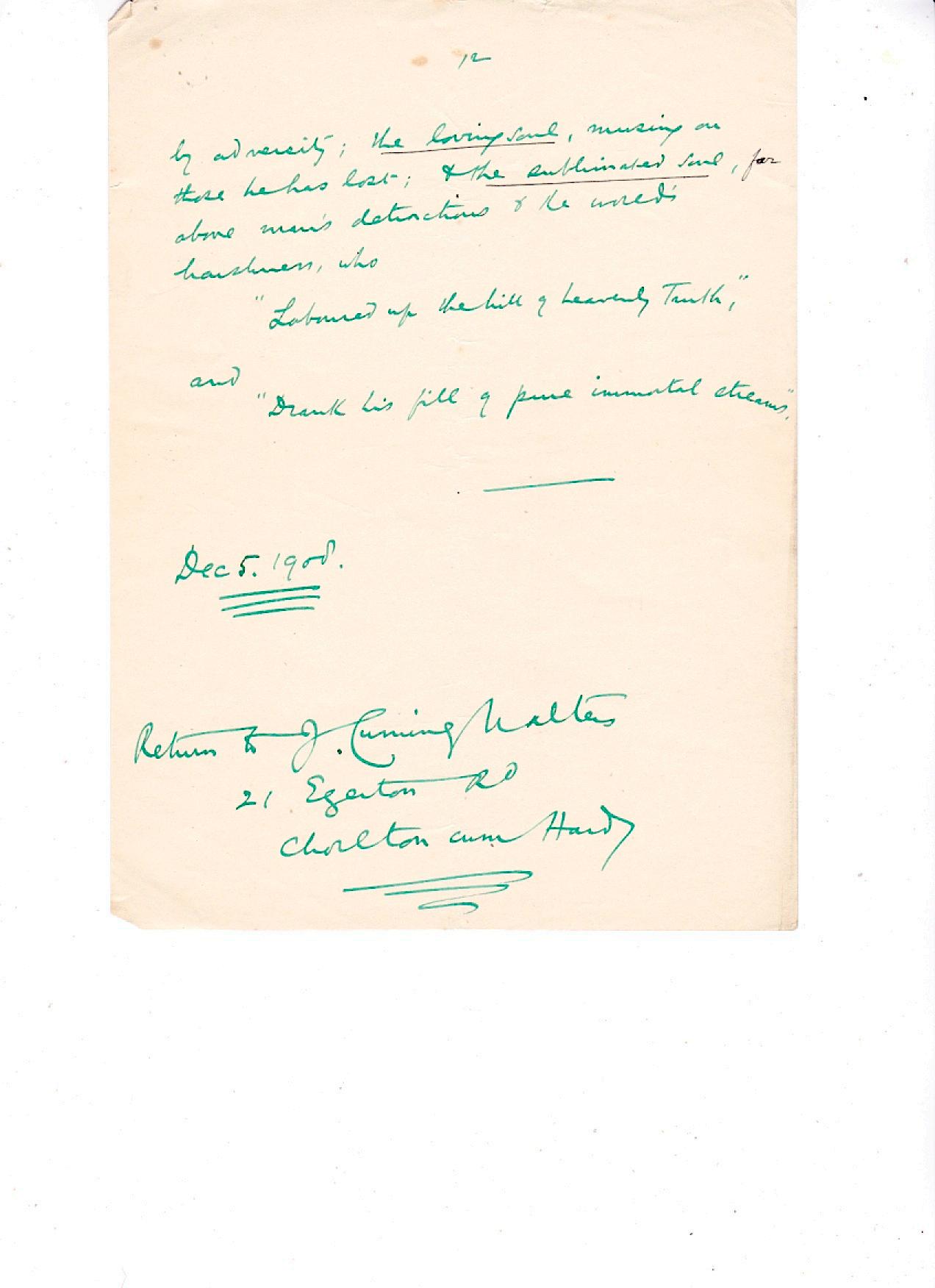







A
manuscript in the collection of the Yuko Nii Foundation










A
manuscript in the collection of the Yuko Nii Foundation


John Cuming Walters (1863 – 16 July 1933) was an English journalist and writer.
Walters was born in Birmingham and was educated at King Edward's School.[1] He began working for the Birmingham Gazette at the age of 17 and joined the sub-editorial staff. He remained working for the Birmingham Gazette for 20 years where he was promoted as lead writer and assistant editor under Alexander W. Still.[1] He was also was the editor of Weekly Mercury. He moved to Manchester in 1903 to become editor of the Evening Chronicle. [1] From 1906 to 1932 he was editor of Manchester City News. [2]
Walters was awarded an M.A. by the University of Manchester for his thesis "William Hazlitt and the Early Essayists".[1] He wrote on numerous subjects including English topography, social housing and King Arthur.[2] Walters was president of the Dickens Fellowship from 1910 to 1911.[1][3] He edited and wrote works on Charles Dickens, Alfred Tennyson and Marie Corelli.[2] He was active in the Lancashire Shakespeare community and in 1889 authored The Mystery of Shakespeare's Sonnets. He lectured on Shakespeare throughout northern England.[2] Walters was president of the Manchester Humane Society and the Stockport Garrick Society.[1][4] He died in Manchester in 1933.[5]

The body of work known as Milton's sonnets comprises twentyfive poems: twenty-three fourteen-line sonnets (five in Italian, eighteen in English); one fifteen-line canzone in Italian; and one English 'tailed' sonnet (the twentyline 'On the New Forcers of Conscience'). The first ten sonnets, including the five Italian ones plus the canzone, were published in Milton's Poemsof 1645. These and the rest, save for those addressed to Fairfax, Cromwell, Vane, and the second one to Cyriack Skinner - apparently omitted for political reasons but included in the Trinity Manuscriptappeared in the Poems of 1673. Setting aside debates concerning the sonnets' dating and sequence, we shall focus here on some eleven of Milton's English sonnets, and on specific individuals or groups addressed or mentioned in them.
The public, topical, even heroic sonnet; the sonnet praising or counselling a friend, threatening or mocking an enemy; the sonnet marking a point or problem in the poet's own career - all these were recognized and accepted variations of the genre in sixteenthcentury Italy, but were most unusual in mid-seventeenth-century England when Milton turned to them in conscious imitation of such models as the Italian poets Delia Casa and Tasso. For English readers, the sonnet was concerned with human love and sometimes, as in Donne and Herbert and one or two memorable occasions in Spenser, with divine love.
